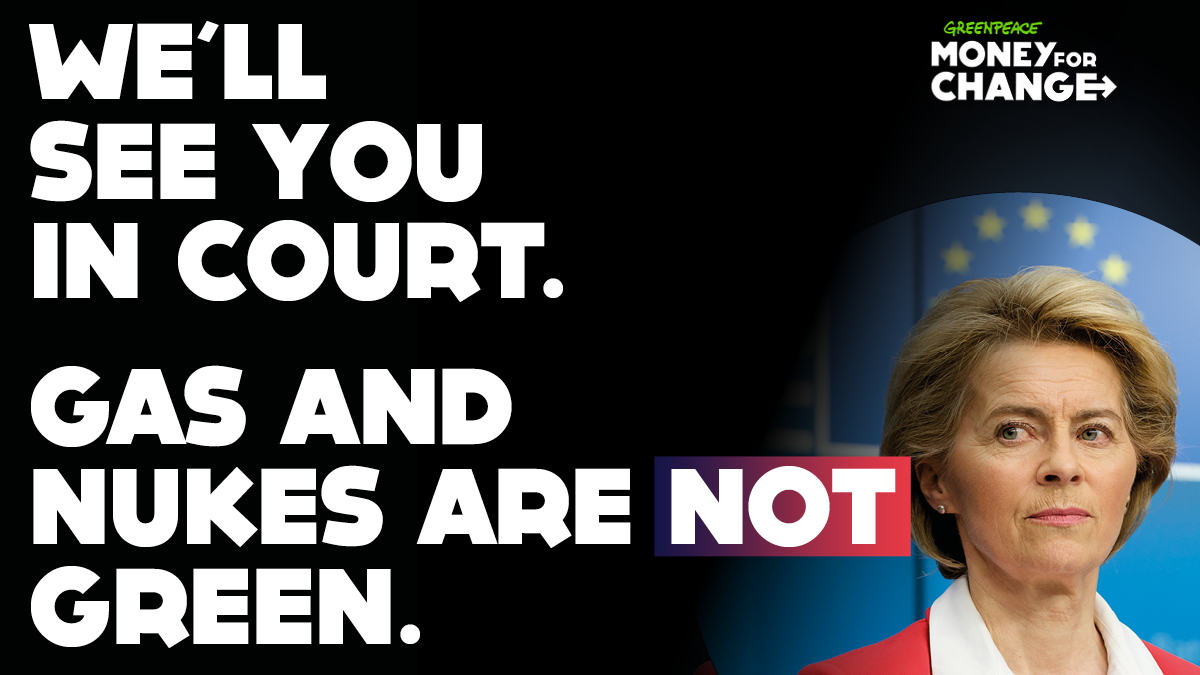
[thread] Are #energy #taxes and #subsidies in the #EU & #UK aligned with the stated #climate targets? If you ever wanted to know the answer, please check out a new book by Philip Booth and myself “Carbon Conundrum: How to Save Climate Change Policy from Government Failure” 1/n 

#Climate change is real, it is caused by man-made emissions and – if unchecked – will impose huge costs. Sound policies may promote cost-effective emissions cuts; but ill-designed policies shall inflict unnecessary costs while not achieving the desired environmental targets 2/n
Energy is both taxed and subsidized. In principle, taxation should reflect negative externalities and subsidization should reflect positive externalities in order to align the private and social costs of using energy 3/n
In this book, Philip and I dig into energy taxation in the EU and the UK. We find that the use of energy sources is taxed or subsidized in a chaotic way. We also consider the external costs (or benefits) from various energy sources, based on the EU Commission’s own estimate 4/n
We find that most energy sources are either under-taxed or over-subsidized (based on a relatively high estimate of external costs). Hence consumers are implicitly incentivized to consume too much energy and produce too many emissions 5/n 



This results in an implicit cost of carbon – either by taxation of carbon-emitting sources or by subsidization of carbon-free energies – which has little, if any, to do with the actual social cost of carbon emissions 6/n
A ton of carbon causes the same climate harm regardless to its source: so why emitting carbon from burning coal to generate electricity is so cheap as compared to emitting carbon from burning oil products in your car? 7/n 

Avoiding a ton of carbon produces the same environmental benefit regardless of the technology employed: so why saving carbon emissions by using solar power costs so much more than saving carbon by relying on biomasses? 8/n 

Governments hand out generous subsidies to all technologies, including renewable energies, nuclear power, and energy efficiency, as if central planning, that has never worked, could work instead when it comes to decarbonizing our economies 9/n
Caveat: the above figures are based on 2018 data. The most recent "temporary" interventions by governments to mitigate energy inflation may entail large differences as long as these measures are in force 10/n
In order to cut emissions, an environmental policy should be designed that stimulates, rather than hindering, human ingenuity and market forces. Most economists agree that pricing carbon and letting competition works is much better than picking winners 11/n
Energy subsidies should be phased out and a coherent, broad-based carbon pricing policy introduced. Any net proceeds should be used directly to reduce other taxes 12/n
Do read the whole book: you may buy it or download it for free at the following URL
👇👇👇
iea.org.uk/publications/c…
n/n
👇👇👇
iea.org.uk/publications/c…
n/n
• • •
Missing some Tweet in this thread? You can try to
force a refresh





